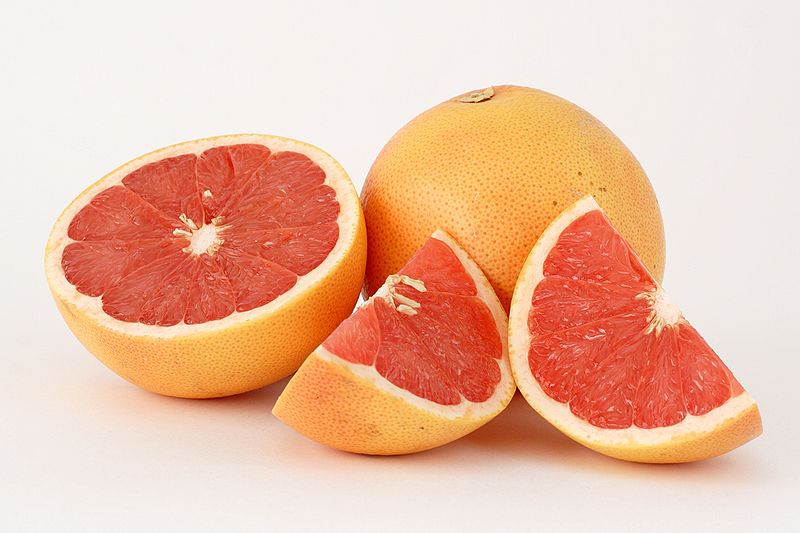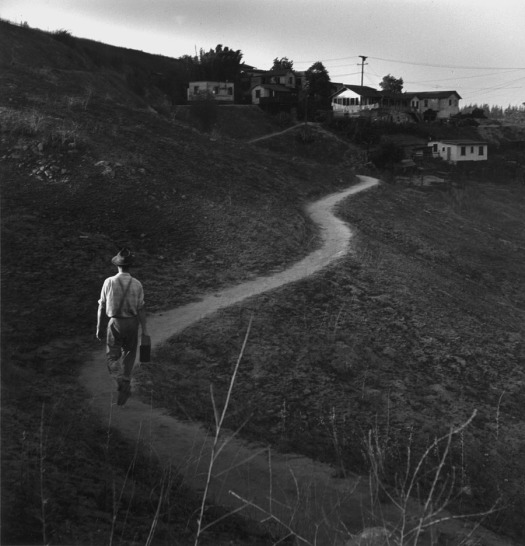


Poems Newly Appeared: Relevant Ravines
How do you excerpt from a 1,000 page manuscript that contains no complete sentences? The answer, if you are Kenneth Goldsmith, editor of the series Publishing the Unpublishable, is you don’t. The work in question is Human / Nature by Stephen Ratcliffe, and Goldsmith has generously made it available online, in its entirety and free of charge, as a PDF (1.2 MB) and as an MP3 (12 hours).
But you do—you do excerpt—if you are the editors of Bomb, a quarterly magazine. In the world of paper, ink, advertisers, and readerships, there is a dreary sort of economy at play that evidently allows only four poems of Human / Nature to appear at one time. Those selected for the current issue of First Proof, Bomb’s literary supplement, are “6.23”, “6.24”, “6.26”, and “6.27”. The images in these poems line up against sparse punctuation, presenting themselves with a sureness and clarity that is almost analytical, but without judgment, as in “6.24”:
man in maroon
sweatshirt walking across room in dark, man on couch
noting “she was snoring so loud I couldn’t take it”
woman
on phone recalling hospice on Long Island Sound, the average
length of stay a day and a half
The simple, unresolved flow of these dependent clauses carries the reader along and compels him to turn the page, or at least press “page down”.
But, just as the mortal overtones begin to mount, the sequence is interrupted and we are sent directly to “6.26”. What happens in “6.25”? And why did the editors feel the need expunge it? For this, you will need to browser over to the unabridged PDF, scroll down a little (p. 252), and search in “6.25” for the offending lines, which it seems were likely either “Arafat claiming, ‘Sharon cannot forget his defeat in front / of me in 1982,’” or “orange disk of sun behind blue- / grey haze”.
* * *

The mysterious disappearance of Craig Arnold, last seen walking along the edge of a Japanese volcano, continues to be deeply felt in the poetry community. Christian Wiman, editor of Poetry, includes a reminiscence in the October issue describing how energetic a reader Arnold was, while adding the thoughtful observation that he was “the only poet I have known personally—the only good poet, I should say—who seemed completely at ease with being a poet.”
One is also left to assume that “Meditation on a Grapefruit,” included in this issue, is also the last poem by Arnold that will appear in Poetry. Beginning as a piece of descriptive whimsy (“To come to the kitchen / and peel a little basketball”), and presented with the careful joy of domestic routine that is perhaps the calling card of mainstream American poetry, the piece ends with a simple, destabilizing couplet, “a little emptiness” that is
every year harder to live within
every year harder to live without
When a talented poet dies early, it is difficult not to read his work without squinting your eyes and seeing something entirely unintended.
* * *

For a healthy load of verse in a more experimental style, look to the journal The Agriculture Reader, but look only once a year. The third installment of this “arts annual” has just appeared, being harvest time, and that is all for this turn of the seasons.
And it must have been some effort to bring together: cleverly illustrated, expertly laid out, and with a table of contents that includes many compelling writers, difficult to categorize but somehow easily suited to each other: Christian Hawkey, Noelle Kocot, Eileen Myles, Tony Towle, Matthew Zapruder, among others.
Difficult to categorize—but one wonders if Jerome Sala, in his poem “The Stoners” is facing down that difficulty. It is tempting to interpret this poem in all kinds of ways—a poem that features “Stone Age hipsters” who
likewise said “no”
to the tool-loving utilitarians who pounded their age into shape—
creating rocky igloo prisons they called “the hearth” in grunt language—
preferring instead to huddle in ravines of irrelevance.
To purchase The Agriculture Reader, No. 3, go here. To submit to The Agriculture Reader, No. 4, email here, but note this challenge from the editors: “We don’t generally take unsolicited submissions, but that doesn’t mean we won’t.”
—T.K.
Beginning today, T.K. will offer a weekly commentary on some poems currently available in journals. Contact at poemsnewlyappeared@gmail.com.
